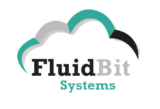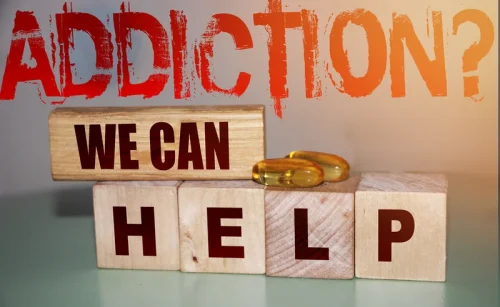
Along the way, Eric worked as a collaborating investigator for the field trials of the DSM-5 and completed an agreement to provide mental health treatment to underserved communities with the National Health Service Corp. If you are worried about a loved one and their marijuana addiction, the best way to approach them is with empathy and compassion, preferably at a time when they are not intoxicated. Try to avoid judgment—remember, addiction is a disease that requires treatment. If a loved one is struggling with a marijuana addiction, you may have a deep feeling in drug addiction your gut that something is wrong.
- Most marijuana rehabilitation programs are covered by medical insurance.
- Thus, patients will sleep, eat, and undergo all therapies and treatment programs while living at the facility.
- Behavioral therapy is based on the concept that all behavior is learned, and thus, unhealthy behavior can be changed through learning coping skills and increasing awareness of negative thoughts and beliefs that contribute to substance abuse.
- Drug deaths were declared a “national health emergency” in 2017, when the annual death toll topped seventy thousand.
Marijuana Addiction Treatment Options
- Using marijuana can lead to a substance use disorder, which can develop into an addiction.
- Individuals who obtain the drug illegally can still use it for relatively harmless reasons like treatment and recreation.
- The reality is that lighting up an occasional joint is extremely unlikely to cause abundant harm, and many people can use marijuana recreationally at this occasional level.
- Misconceptions about the addictive nature of marijuana shouldn’t stop the people who need treatment from receiving it.
If you don’t have insurance, many facilities offer sliding scale fees or payment plans for patients who can’t afford to pay upfront. It is also open for people struggling with substance abuse, including marijuana. Support groups are another way you can receive ongoing recovery treatment for marijuana abuse. There are many support groups available for those who wish to quit marijuana use. Inpatient care is the most intensive type of marijuana addiction treatment available. Abuse of any substance, including marijuana, is when the user begins seeking the substance compulsively and continues use though there have been harmful effects to their lives, including problems with family, school, work or the legal system.
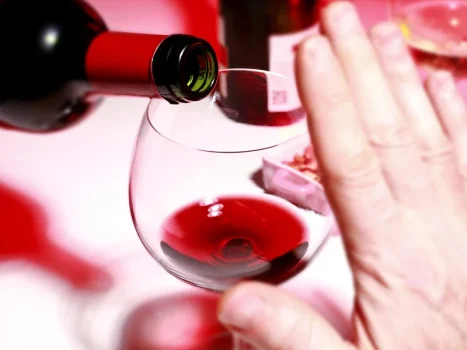
Long-Term Effects of Marijuana Use
Should these upward trends in use continue, our country will almost certainly begin to see greater numbers of people negatively impacted by marijuana use and abuse. Talking with a professional and doing your own research will help you figure out which type of treatment is best for your individual needs. This is more suitable for someone looking for options outside the traditional 12-step model. Many people seeking support after rehab may find Narcotics Anonymous (NA) to be more accessible. These criteria are adapted from the most recent edition of the American Psychiatric Association’s Diagnostic and Statistical Manual, also referred to as DSM-5. The presence of two or more symptoms indicates that you may have a marijuana use disorder.
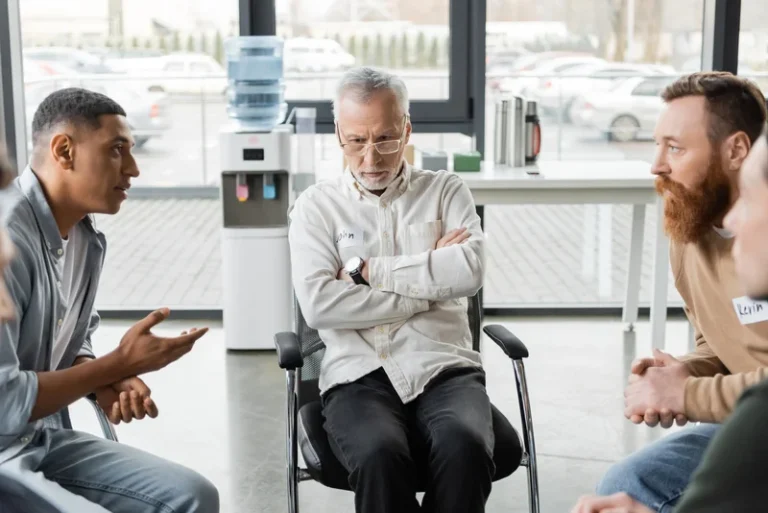
Find help for substance abuse
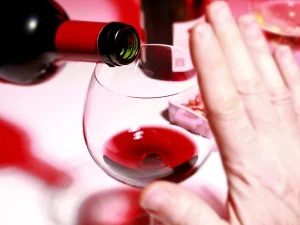
Confidentiality is our top priority.When calling our hotline your confidentiality is guaranteed.If you are calling a national or another helpline, we suggest you verify their confidentiality policy at the beginning of the call. While helplines on a national level can provide valuable assistance, it is only local emergency resources that can properly assess and take action when there is immediate danger of harming oneself or others. The Recovery Village addiction helpline is led by helpful representatives awaiting your call. Many of our helpline operators and facility employees are also in recovery, so they can empathize and help you or a loved one navigate this journey comfortably. Find Support is an online guide that helps people navigate through common questions when they are at the start of their journey to better behavioral health. Prevention and crisis resources for you or your loved ones.Call or text 988.
- One study claims that the extensive usage of cannabis leads to the decline of an individual’s cognitive abilities, and found that it is likely that their attention and memory are significantly impaired.
- The most important thing to remember is that you can beat this addiction.
- The fear is that we’ll learn to live with these figures as just another grim and inevitable feature of American life.
- Some experts also worry that “medical marijuana” is the same or similar to marijuana used recreationally.
Illegal Drug Addiction
However, overindulging can lead to extreme discomfort called “greening out.” The signs that someone might be overdosing on marijuana can be narrowed down to extreme hallucinations, paranoia, a racing heartbeat, nausea, and vomiting. There are some rare cases where an excess amount of THC can induce a temporary psychotic state, which may need to be treated by a professional. Further, chronic marijuana users also develop motivation syndrome, which leads to other ailments. Some users does weed have addictive properties have cannabis hyperemesis syndrome, which is defined by extreme nausea and happens after excessive consumption of marijuana.
